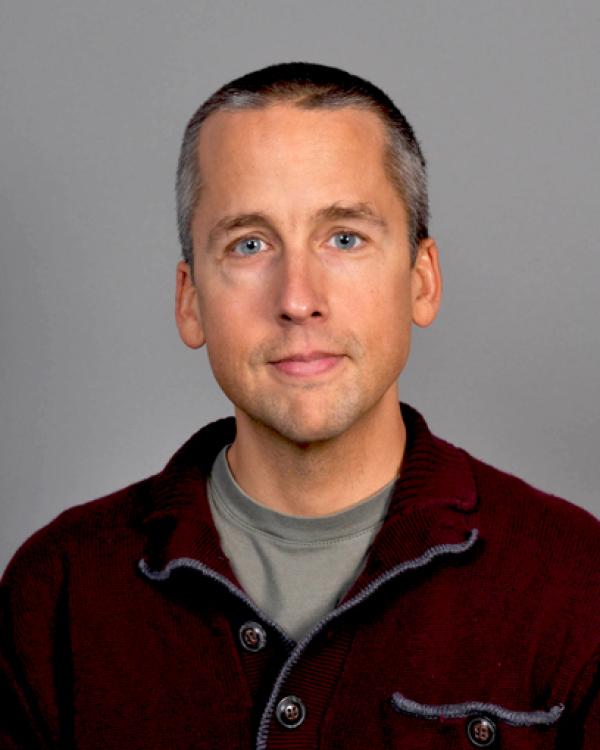
Associate Professor Steven Smith from UC Santa Barbara's Gevirtz School is speaking at an event on Thursday, January 25th at 7:30 pm in Girvetz Hall 1004. The free event, entitled “What Does It Mean to be Human?” will be hosted by the Veritas Forum, an organization driven to engage University students with tough life questions. The aim of the organization is to put the Christian faith in dialogue with voices from various backgrounds to discuss important and often controversial subjects. Featured alongside Steve Smith, will be S. Joshua Swamidass, MD, Ph.D., physician, scientist, and Assistant Professor of Laboratory and Genomic Medicine at Washington University in Saint Louis.
Steve Smith is an Associate Professor in the Department of Counseling, Clinical, and School Psychology. Smith holds a Bachelor of Arts in Psychology and Criminal Justice from Beloit College in Wisconsin, as well as an MA and a Ph.D. in Clinical Psychology from University of Arkansas. From 2000 to 2002, Smith conducted his internship and post-doctoral fellowship at Harvard Medical School and Massachusetts General Hospital. After training, he worked at Massachusetts General Hospital as the Director of Consultation Neuropsychology. Prior to starting here at UCSB in 2004, Steve served as Adjunct Assistant Professor at both University of Massachusetts and Suffolk University while also working as an instructor at Harvard Medical School. He has authored five books as well as many articles, and gives frequent presentations on various subjects relating to psychology and incorporating the latest research.
Smith is a representative of the American Psychological Association, Division 51, which promotes psychological research and how to use it to improve the quality of public and private K-12 education. He is also a member of APA’s Division 47 (sports and exercise) as well as other national organizations. Smith offers individual psychotherapy, consultations, and counseling services for children, adolescents, and adults as well as specifically working with athletes. After receiving tenure, he began a private practice where he works with professional and collegiate athletes and their families. He practices and teaches mindfulness and believes “that art, literature, religion, and science all give us insight into the human condition and [he] continually look[s] to a wide range of sources to inform [his] understanding of what it means to be a person.”